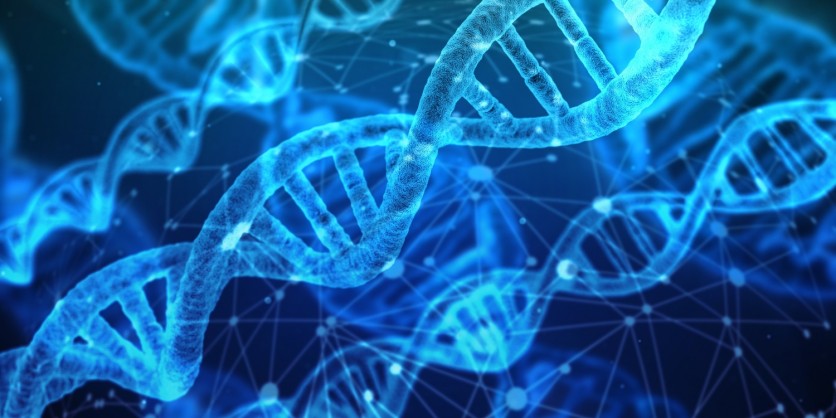The largest study on the genetic basis of endometriosis has been conducted by researchers at the University of Oxford in collaboration with 25 teams worldwide. The study included DNA from 60,600 women with endometriosis and 701,900 controls.
The results revealed compelling evidence of a shared genetic basis for endometriosis and other types of seemingly unrelated pain, such as migraine, back pain, and multi-site pain.

Genetic Basis
The study also found that ovarian endometriosis has a different genetic basis from other disease manifestations, which opens up new avenues for designing new medical treatments targeting subtypes of endometriosis.
This finding is significant because endometriosis has enormous implications on the quality of a woman's life, affecting 5-10% of women of reproductive age globally, causing constant and intense pelvic pain, fatigue, depression, anxiety, and infertility.
The location of endometriotic deposits is primarily on organs within the pelvis, such as the ovaries, pelvic surfaces, ligaments, bowel, or bladder However, it can also be found outside the pelvis in rare cases.
The study highlights the fact that endometriosis can only be reliably diagnosed through surgery or imaging, and it often takes many years to diagnose, with an average of 8 years from the first symptoms.
Treatment options are limited to repeated surgeries and hormonal treatments with side effects that do not allow women to get pregnant. This is compounded by the fact that very little is known about the causes of endometriosis.
Genetic factors (heritability) play a role in how endometriosis develops in some women but not in others, and studying genetics can give researchers clues to the biological processes that are the basis for onset and progression.
By comparing the DNA code in women with and without the disease, the researchers found 42 areas across the genome that harbor variants that increase the risk of endometriosis.
They then linked these variants to the profiles of molecules in endometrium and blood, identifying a range of genes that were differently expressed in these tissues and likely had a role in disease development.
This list of genes is important for further work to develop new treatments better targeted to subtypes of the disease, according to the team.
Perception and Maintenance of Pain
The fact that several of the involved genes contribute to the perception and maintenance of pain is what the researchers found to be particularly intriguing.
Endometriosis and a variety of other chronic pain conditions, including migraine, back pain, and multi-site pain, share a hereditary basis. This common genetic base may be related to central nervous system sensitization, which makes people with chronic pain more susceptible to other types of pain.
These results raise the possibility of developing novel non-hormonal pain-focused endometriosis therapies or repurposing existing pain therapies.
The findings of the study open up fresh perspectives on the genetic underpinnings of endometriosis and its connections to chronic pain, opening the door to more specialized therapies for certain endometriosis subtypes and possibly enhancing the quality of life for millions of women around the world.
The study is published in Nature Genetics.
Related Article : Endometriosis Treatment, Cure Found After Blocking a Particular Gene in Mice, Soon for Humans

ⓒ 2026 TECHTIMES.com All rights reserved. Do not reproduce without permission.




